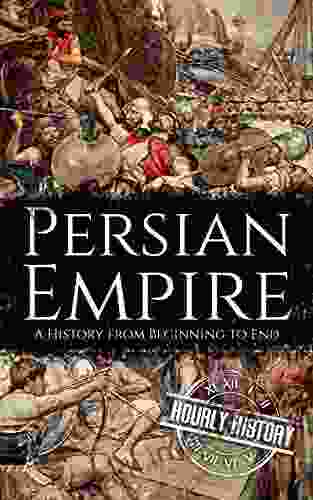Unveiling the Persian Empire: A Journey Through History

4.2 out of 5
| Language | : | English |
| File size | : | 2361 KB |
| Text-to-Speech | : | Enabled |
| Screen Reader | : | Supported |
| Enhanced typesetting | : | Enabled |
| X-Ray | : | Enabled |
| Word Wise | : | Enabled |
| Print length | : | 50 pages |
| Lending | : | Enabled |
Prepare to embark on an epic journey through the annals of history, where the Persian Empire emerges as a beacon of civilization. From its humble origins to its glorious reign and eventual demise, this vast and influential empire left an indelible mark on the world.
The Dawn of the Persian Empire
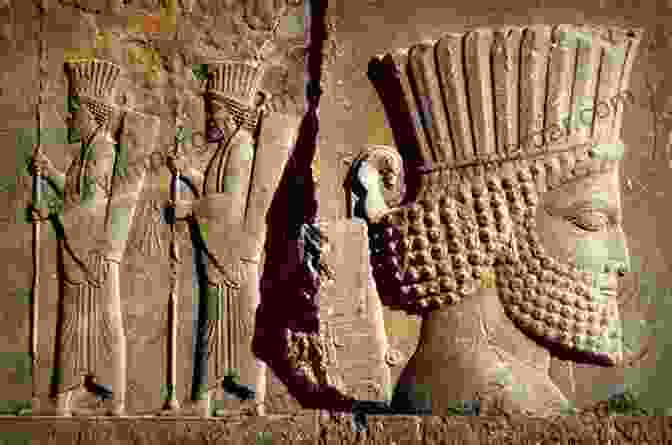
The Persian Empire had its genesis in the 6th century BC, with the rise of a charismatic leader named Cyrus the Great. Hailing from the small kingdom of Anshan in southwestern Iran, Cyrus possessed an insatiable thirst for conquest and a keen eye for strategy.
Through a series of brilliant military campaigns, Cyrus extended his rule beyond the confines of Anshan, annexing neighboring kingdoms and forging alliances. In 550 BC, he conquered the Median Empire, a formidable adversary that once held sway over much of the Iranian plateau.
Achaemenid Empire: Zenith of Power
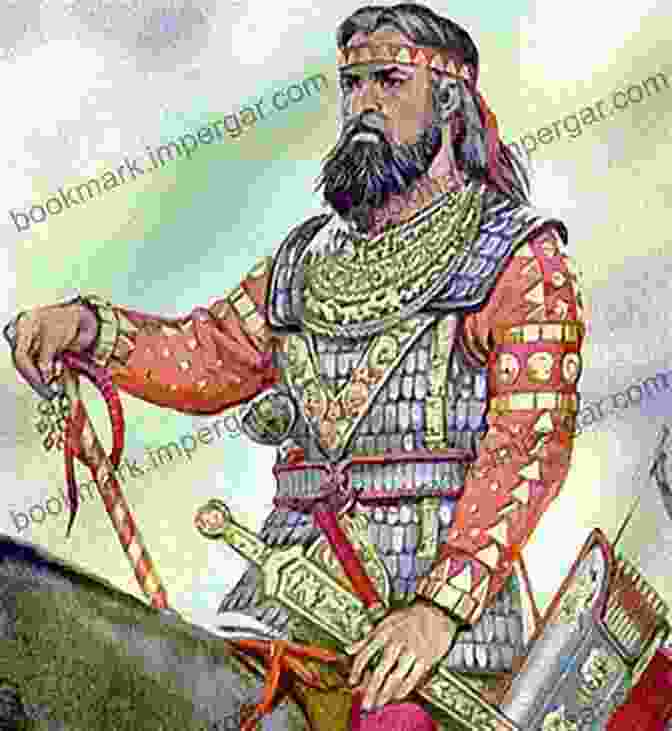
Cyrus's son and successor, Darius the Great, inherited a vast empire and embarked on an ambitious mission to consolidate and expand its reach. He commissioned the construction of a vast network of roads, linking the far-flung corners of his realm and facilitating trade and communication.
Under Darius, the Persian Empire attained the zenith of its power. It stretched from the Indus Valley in the east to the Aegean Sea in the west, encompassing a diverse tapestry of cultures and peoples. Darius's reign witnessed the establishment of a sophisticated administrative system, the development of a uniform currency, and the implementation of a system of royal roads and canals.
Darius also played a pivotal role in shaping the religious and cultural landscape of the empire. He adopted Zoroastrianism as the official religion, promoting its monotheistic beliefs and emphasizing ethical principles. The Persian Empire became a melting pot of cultures, where different religions and traditions flourished side by side.
Clash of Empires: Greece and Persia
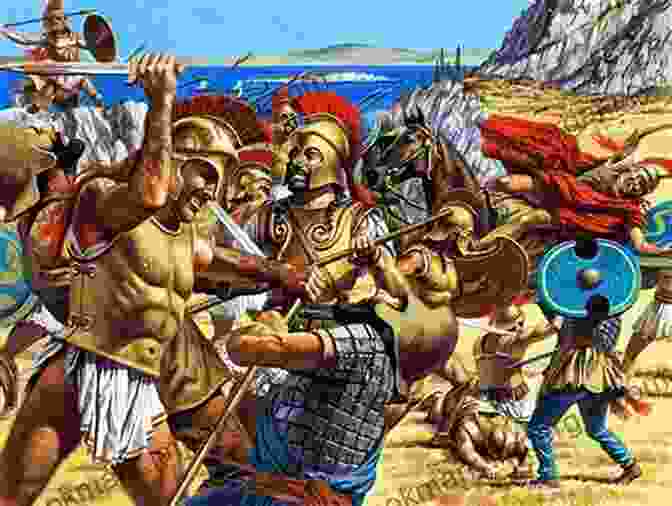
The Persian Empire's expansion inevitably brought it into conflict with the rising power of Greece. In 490 BC, King Darius launched an invasion of mainland Greece, seeking to quell a growing resistance and establish Persian dominance over the fractious city-states.
However, the Persian army met with fierce resistance. At the Battle of Marathon, a small Athenian army, aided by their allies from Plataea, annihilated the Persian forces. This unexpected defeat marked a turning point in Greek history and prevented the Persian Empire from gaining a foothold in Europe.
Undeterred, Darius's successor, Xerxes, assembled a massive army and navy for a second invasion of Greece. In 480 BC, the Persian forces crossed the Hellespont and marched towards Athens. Once again, the Greeks rallied together, led by the heroic King Leonidas of Sparta.
At the Battle of Thermopylae, a narrow pass leading into Central Greece, a small band of Spartans held back the overwhelming Persian army for several days, sacrificing themselves to give the rest of Greece time to prepare.
The Persian army eventually captured Athens, but the Greek fleet, led by the Athenian general Themistocles, dealt a decisive blow to the Persian navy at the Battle of Salamis. This victory marked the end of the Persian invasion and secured the independence of Greece.
Conquest by Alexander the Great
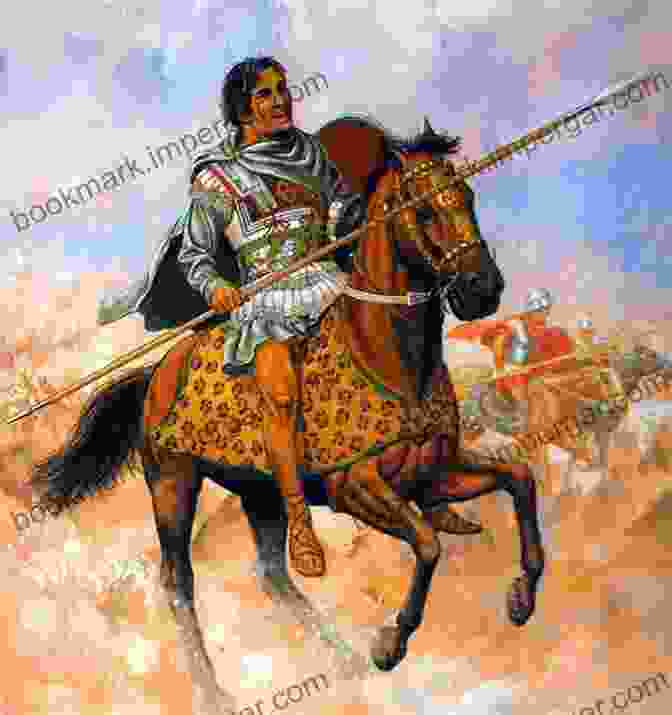
In the 4th century BC, a new threat emerged from the west. Alexander the Great, the ambitious king of Macedonia, embarked on a series of conquests that would forever alter the geopolitical landscape of the ancient world.
Alexander's brilliant military tactics and unwavering determination proved too much for the Persian Empire. In a series of swift campaigns, he defeated the Persian king Darius III and conquered the vast expanse of the empire.
Alexander's conquest of Persia marked the end of an era. The once-mighty empire crumbled under the weight of Alexander's relentless advance, and the Persian Empire ceased to exist as an independent entity.
However, the legacy of the Persian Empire lived on. Greek culture and ideas blended with Persian traditions, giving rise to a new era of cultural exchange and syncretism. The Persian Empire's legacy continues to inspire and fascinate historians, archaeologists, and students of ancient civilizations to this day.
Exploring the Persian Empire Today
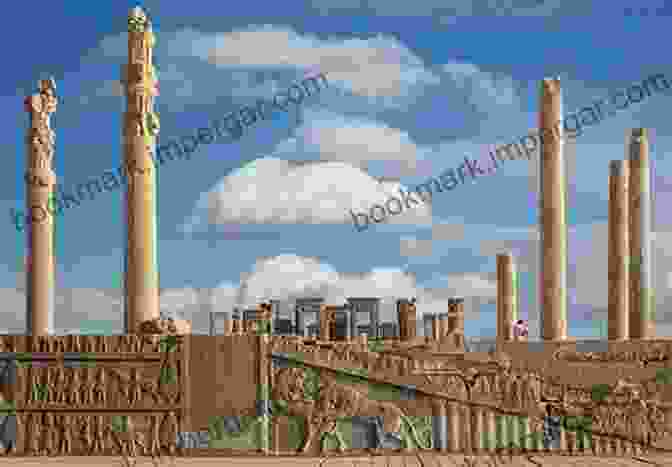
Today, the remnants of the Persian Empire stand as a testament to the grandeur and ingenuity of its ancient civilization. The ruins of Persepolis, the empire's magnificent capital city, are a UNESCO World Heritage Site, offering visitors a glimpse into the splendor of the past.
Other archaeological sites, such as Susa and Pasargadae, provide additional insights into the lives and culture of the Persian people. Museums around the world house a vast collection of Persian artifacts, including intricate gold jewelry, cuneiform tablets, and majestic sculptures.
Exploring the Persian Empire today is a journey through time, a chance to connect with the legacy of one of the most influential civilizations in human history.
The Persian Empire's story is a captivating saga of rise, conquest, and eventual decline. From the humble beginnings of Cyrus the Great to the glorious reign of Darius the Great and the ultimate conquest by Alexander the Great, the Persian Empire left an enduring mark on the world.
Its vast expanse, sophisticated administrative system, cultural and artistic achievements, and enduring legacy continue to captivate and inspire us today. Unraveling the history of the Persian Empire is a journey into the heart of human civilization, a testament to our capacity for both greatness and resilience.
4.2 out of 5
| Language | : | English |
| File size | : | 2361 KB |
| Text-to-Speech | : | Enabled |
| Screen Reader | : | Supported |
| Enhanced typesetting | : | Enabled |
| X-Ray | : | Enabled |
| Word Wise | : | Enabled |
| Print length | : | 50 pages |
| Lending | : | Enabled |
Do you want to contribute by writing guest posts on this blog?
Please contact us and send us a resume of previous articles that you have written.
 Book
Book Novel
Novel Page
Page Chapter
Chapter Text
Text Story
Story Genre
Genre Reader
Reader Library
Library Paperback
Paperback E-book
E-book Magazine
Magazine Newspaper
Newspaper Paragraph
Paragraph Sentence
Sentence Bookmark
Bookmark Shelf
Shelf Glossary
Glossary Bibliography
Bibliography Foreword
Foreword Preface
Preface Synopsis
Synopsis Annotation
Annotation Footnote
Footnote Manuscript
Manuscript Scroll
Scroll Codex
Codex Tome
Tome Bestseller
Bestseller Classics
Classics Library card
Library card Narrative
Narrative Biography
Biography Autobiography
Autobiography Memoir
Memoir Reference
Reference Encyclopedia
Encyclopedia Michael Beadle
Michael Beadle Ian Brown
Ian Brown Isaac Newton
Isaac Newton Ian Jones
Ian Jones Irena Kossakowski
Irena Kossakowski Jacob Birnbaum
Jacob Birnbaum John E Hall
John E Hall Don Barlow
Don Barlow Sophia Hold
Sophia Hold Michael Olafusi
Michael Olafusi Ian Blair
Ian Blair Ian Doors
Ian Doors Sidney Rosen
Sidney Rosen Iain Docherty
Iain DochertyJacob N Shapiro
 Ivan Pelant
Ivan Pelant James Grehan
James Grehan Jackson Mackenzie
Jackson Mackenzie J C Christian
J C Christian J Kael Weston
J Kael Weston
Light bulbAdvertise smarter! Our strategic ad space ensures maximum exposure. Reserve your spot today!
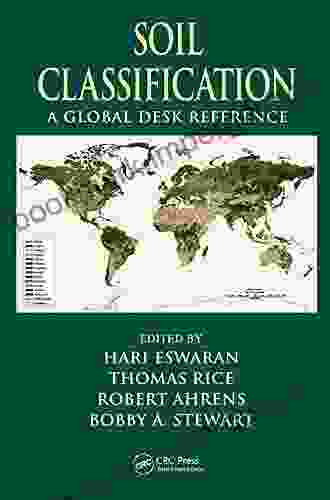
 Roberto BolañoUnveiling the Soil Classification Global Desk Reference: An Invaluable Guide...
Roberto BolañoUnveiling the Soil Classification Global Desk Reference: An Invaluable Guide...
 Brayden ReedBunny Brown and His Sister Sue in the Big Woods: A Classic Tale of Adventure...
Brayden ReedBunny Brown and His Sister Sue in the Big Woods: A Classic Tale of Adventure... Gary ReedFollow ·13.8k
Gary ReedFollow ·13.8k Charlie ScottFollow ·10.8k
Charlie ScottFollow ·10.8k Ian MitchellFollow ·4.5k
Ian MitchellFollow ·4.5k Julio Ramón RibeyroFollow ·7.6k
Julio Ramón RibeyroFollow ·7.6k Braeden HayesFollow ·2.6k
Braeden HayesFollow ·2.6k Esteban CoxFollow ·17.8k
Esteban CoxFollow ·17.8k Cormac McCarthyFollow ·12.2k
Cormac McCarthyFollow ·12.2k Jarrett BlairFollow ·3.8k
Jarrett BlairFollow ·3.8k

 Mike Hayes
Mike HayesUnlock Your Nonprofit Potential: A Comprehensive Guide to...
: Embarking on the Path to Impactful...
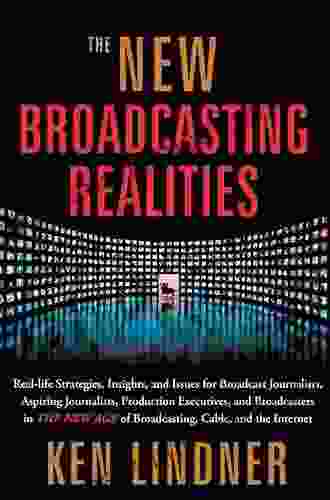
 Cody Russell
Cody RussellUnlock the Secrets of Captivating Radio Programming:...
In the fiercely competitive world of...

 Aron Cox
Aron CoxUnveiling the Enchanting World of Beth Inspired Eye...
A Realm of Imagination and Wonder Embark on...

 Felix Carter
Felix CarterUnlock the Secrets of Legal Publishing with West Hartford...
West Hartford Legal Publishing, the renowned...

 Henry Hayes
Henry HayesUnveiling the Secrets of the Panama Papers: Exposing...
The Panama Papers is a groundbreaking...
4.2 out of 5
| Language | : | English |
| File size | : | 2361 KB |
| Text-to-Speech | : | Enabled |
| Screen Reader | : | Supported |
| Enhanced typesetting | : | Enabled |
| X-Ray | : | Enabled |
| Word Wise | : | Enabled |
| Print length | : | 50 pages |
| Lending | : | Enabled |


